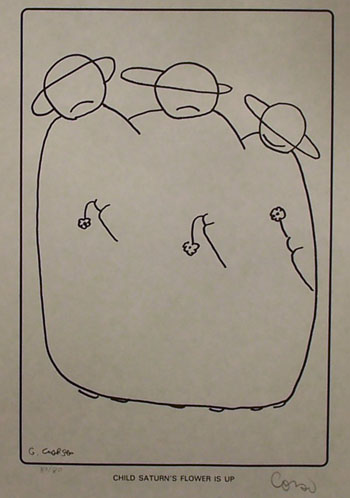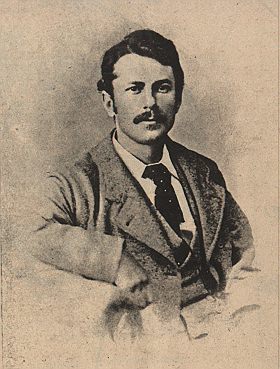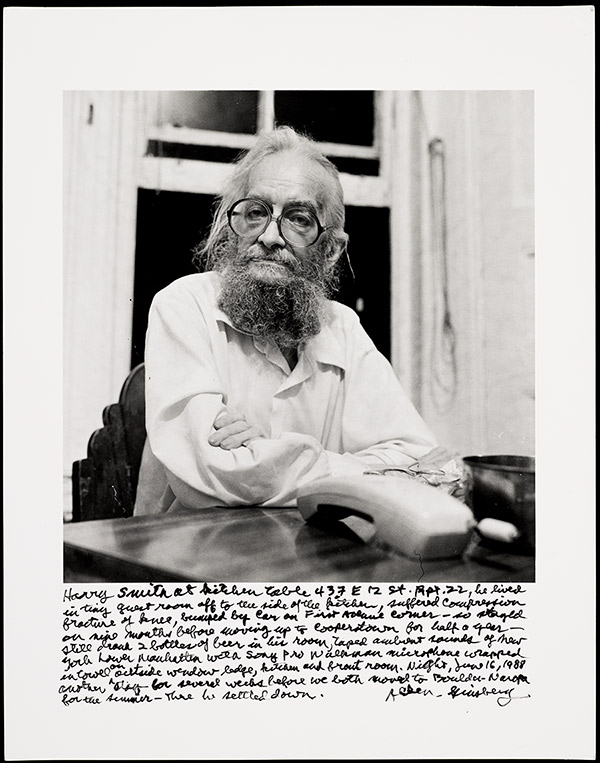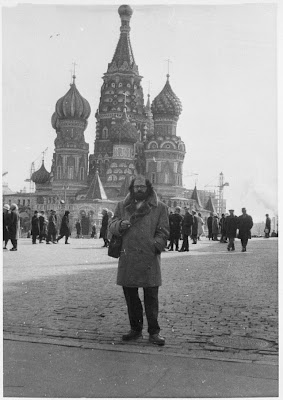,
An early draft of a segment of Allen's classic written-under-the-influence-of-LSD poem, Wales Visitation, goes up for auction next month in London at Bonhamsauction house, part of the Roy Davids Collection, alongside countless other "poetical manuscripts and portraits of poets" (there's also, for sale, a rare shot of the poet taken with veteran English poet, Basil Bunting - the sale price for that is between £350 and £400). The manuscript is expected to fetch something between £800 and £1,000 (between (approximately) $1200 and $1500).

Wales Visitation - American viewers will remember this classic rendition of it, in 1968, on the William Buckley Firing Line show
Plutonian Ode and the 1978 anti-nuclear demonstrations (and arrests!) at Rocky Flats, Colorado's infamous demonic "bomb trigger facility". The facility was closed down in 1992 (had halted bomb-component production two years earlier) and was swiftly transformed, in 2007, into the Rocky Flats National Wildlife Refuge (a little too cavalierly, a little too hastily - original plans estimated that it would take 70 years and $30 billion to "clean up" the pollution on the site, but the DOE (Department of Energy) accelerated those plans.). The malevolent after-life of plutonian that Allen so prophetically warned against - ("Manzano Mountain boasts to store/ its dreadful decay through two hundred and forty millennia..") - There is still an urgent need to protest. Please read Marcella MacDonald's considered and rational petition regarding recent developments, and add your name to the signatories here.
Hannah Gamble over on the Poetry Foundation's Harriet site has been doing some useful compiling in anticipation of the forthcoming Collected Poems by Philip Lamantia(yes, that long-awaited collection will be coming out from the University of California this summer) - including a trenchant note from Allen, from 1963 in Poetry magazine (see the direct link). Our postings on Lamantia can be usefully read here and here.
We wrote here last week of Ronald Collins (and David Skover's) new book, Mania. Footage of last week's Strand Bookstore event celebrating the book (consisting of Collins reading from the opening pages and then sitting down with Kerouac scholar and New York Times journalist, John Leland to discuss Beat culture and its profound First Amendment impact, followed by a brief Q-and-A with the audience) may be found here. Collins is also interviewed by Gene Policinski here.
Moran Haynal's Haggadah - at the Janusz Korczak Academy in Munich, Germany. Another (perhaps?) unlikely Ginsberg sighting?










































